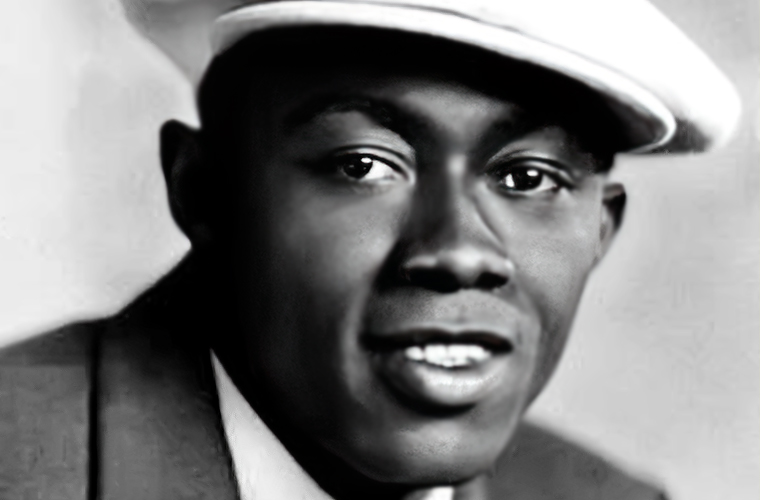Stepin Fetchit was a pioneering African American actor, comedian, and vaudevillian who rose to fame in the early 20th century. Born Lincoln Theodore Monroe Andrew Perry in Key West, Florida, in 1902, he became one of the first black actors to achieve mainstream success in Hollywood. However, his legacy is a complex and controversial one, marked by both groundbreaking achievements and troubling stereotypes. Fetchit began his career in show business as a teenager, working as a performer in traveling minstrel shows and vaudeville acts. He quickly gained a reputation for his comedic talents and distinctive style, which combined exaggerated physical movements, drawling speech, and a laconic demeanor. In the 1920s, he began appearing in films, mostly in small roles as a comic sidekick or servant.
However, it was not until the 1930s that Fetchit achieved real stardom. He signed a contract with Paramount Pictures and began appearing in a series of films alongside white stars such as Shirley Temple and Will Rogers. His most famous role was that of “Lazy” in the 1934 film “Judge Priest,” which earned him critical acclaim and made him a household name. Fetchit’s success was due in part to his ability to subvert racial stereotypes and use humor to challenge mainstream perceptions of blackness. He often played characters who were lazy, slow-witted, and subservient, but he did so with a sly wink that suggested he was aware of the absurdity of these portrayals. In some films, he even managed to turn the tables on his white co-stars, outsmarting them or stealing scenes with his comedic timing.


















However, Fetchit’s career was also marked by controversy. Many African Americans saw his portrayals as perpetuating negative stereotypes and reinforcing white supremacy. Critics accused him of “selling out” and pandering to white audiences by playing subservient characters. Some even suggested that his success was due to his willingness to play into racist caricatures.
Fetchit himself was ambivalent about his legacy. In interviews, he claimed that he was simply playing characters that were true to his experience growing up in the South. He argued that he was using humor to challenge racist attitudes and that he was actually more subversive than many of his critics realized. However, he also acknowledged that he had made compromises in order to achieve success and that he regretted some of the negative impact his portrayals had on the black community.
Despite the controversy surrounding his career, Fetchit remains an important figure in African American cultural history. He paved the way for later black comedians such as Richard Pryor and Eddie Murphy, who built on his legacy of using humor to challenge stereotypes. He also helped to break down barriers in Hollywood and open up opportunities for black actors and filmmakers.
Today, Fetchit’s legacy is still debated and contested. Some see him as a trailblazer who used humor to challenge racism and pave the way for future generations of black performers. Others see him as a sellout who perpetuated negative stereotypes and reinforced white supremacy. Regardless of one’s perspective, however, it is clear that Stepin Fetchit was a complex and multifaceted figure whose impact on American culture cannot be ignored.

